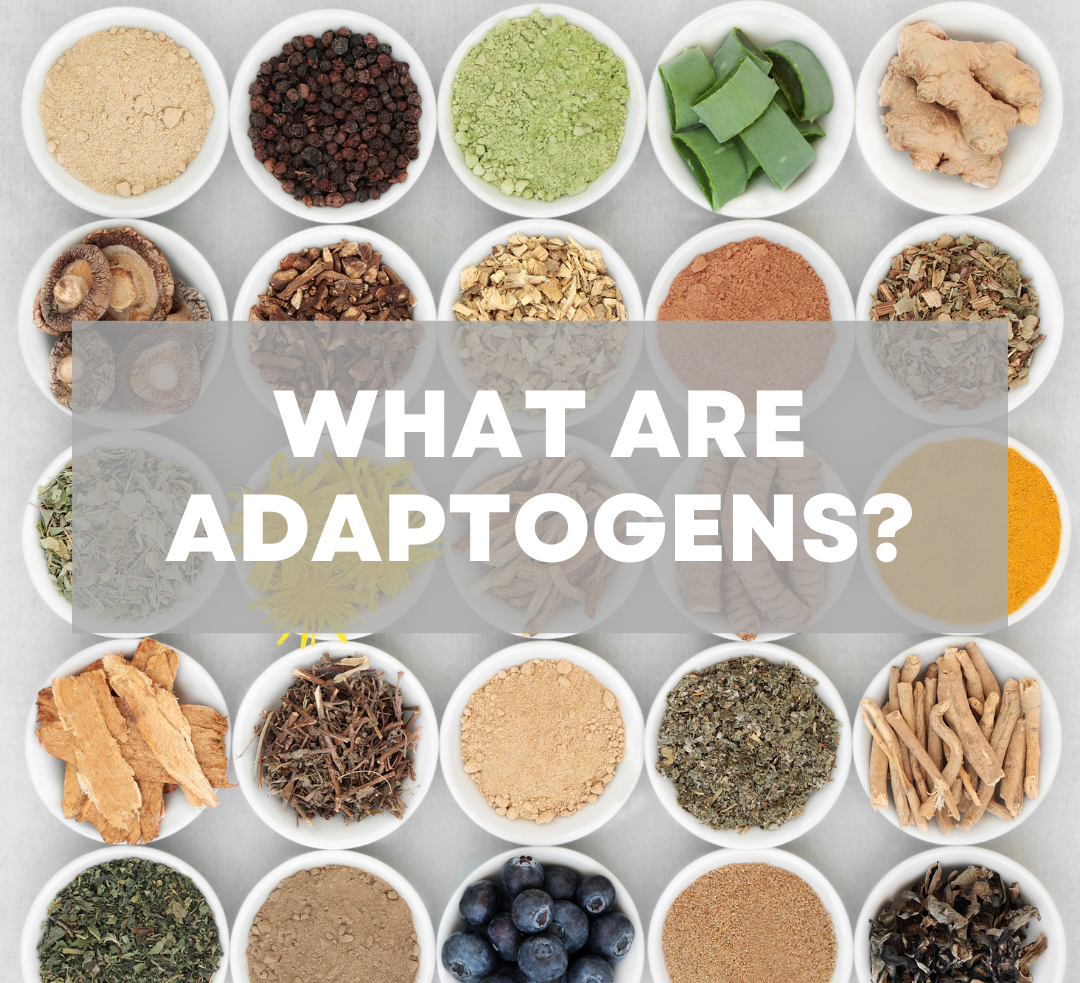
What Are Adaptogens and Do They Work?
分享
Adaptogens are natural substances found in herbs and plants that help the body cope with physical, emotional, and environmental stress. They support overall balance by regulating systems such as the nervous, hormonal, and immune responses.
Rooted in traditional systems like Ayurveda and Traditional Chinese Medicine (TCM), adaptogens have been used for centuries to enhance resilience, energy, and mental clarity.
There are three qualities that plants must have to be an adaptogen:
> It is non-toxic when taken in normal doses.
> It helps your body cope with stress.
> It allows your body to return to balance (homeostasis)
What do adaptogens do to my body?
The goal of taking adaptogens is to return your body back to a state of balance (homeostasis). The herbal action in adaptogens increases or decreases chemical reactions within your body.
For example, if you’re stressed (elevated cortisol), an adaptogen will respond by reducing cortisol levels. If you experience chronic fatigue with low cortisol levels, an adaptogen will increase the level of cortisol in your body.
Some common adaptogens and their uses include:
1. Ashwagandha, shown to help reduce anxiety and depression
2. Ginseng, which refers to either American or Asian ginseng, and is used to combat fatigue
3. Reishi or ganoderma, a type of mushroom adaptogen used to boost the immune system and fight cancer studied for its effectiveness in treating cancerous tumors
4. Rhodiola, to reduce fatigue, depression and pain
5. Schisandra, for improved concentration, coordination and endurance
6. Tulsi (“holy basil”), used to increase focus, decrease anxiety and boost the immune system
Growing scientific research shows that adaptogens do help the body regulate in many ways, including improving mood, balancing hormones, fighting fatigue and boosting the immune system.
Adaptogens are gaining renewed attention in biotech and clinical sectors for their potential to address stress-related and aging-associated disorders.
These herbal compounds act on the neuroendocrine-immune system, boosting resilience and adaptability. Rigorous testing using network and systems pharmacology could uncover their multitarget and synergistic mechanisms, validating centuries of traditional use.
A note to remember: adaptogens are meant to be supplemental. They shouldn’t take the place of standard care, especially if you have ongoing symptoms. If you are on medication for another condition, it’s always a good idea to check with your primary care provider before taking a supplement. Your physician can guide you in which supplements and doses are safe with your current medications.
Sources: News-Medical, Cleveland Clinic, UCLA Health
